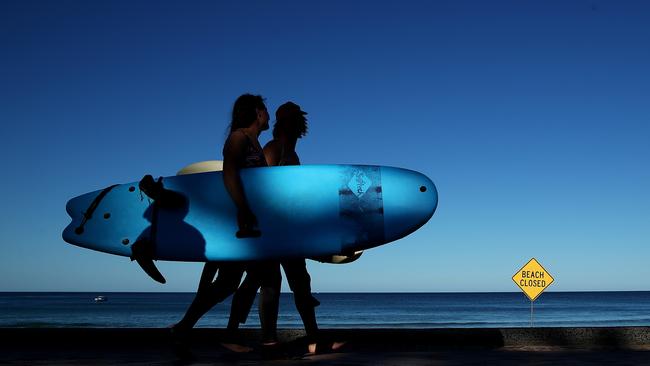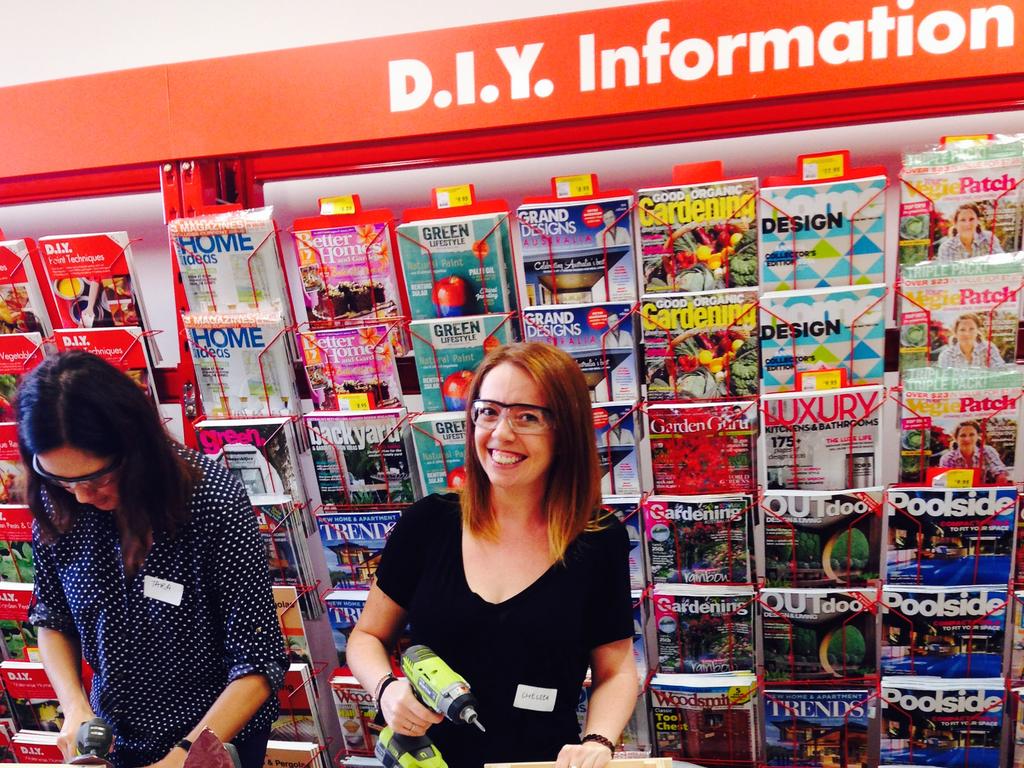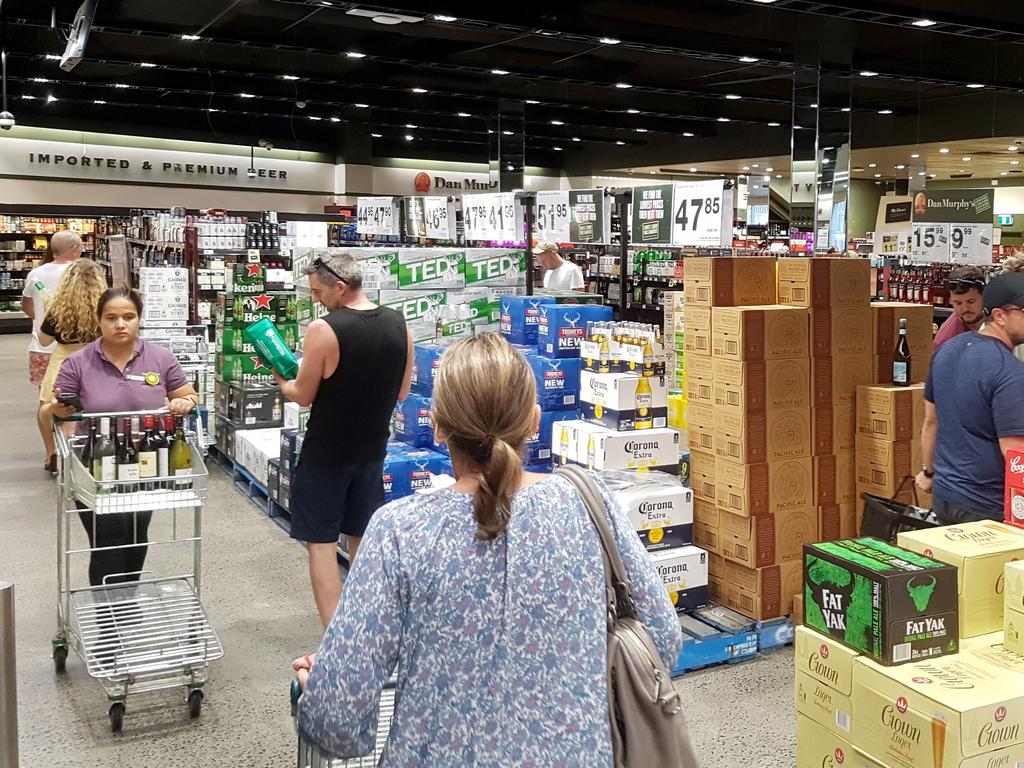Who can they be now? Life sucks for Men Not At Work
I feel for them, stuck at home, unable to roam, but at least they’re learning how women feel.

Men, in particular. Men who are between the ages of 18 and, let’s say, 44. The suicide ideationists in our productive cohort.
They are struggling. Even before COVID-19, men were at greater risk of doing harm to themselves. And now so much has been taken from them.
I don’t mean financially, although it’s true that many men are worrying about how they’re going to pay the mortgage and the bills if they lose their job or can’t find a new one.
More worrying is their loss of direction and purpose, as well as the foundations on which we so often ask men to build their lives. I’m going to generalise a little bit here, but many women are, I think, more used to being out of the workforce, at least some of the time. They are used to spending time at home, with small children.
They have experience with isolation. They know what it means to be a bit bored and frustrated. They have learnt, over time, how to manage, inventing things such as mothers’ groups to support and encourage each other during the lonely years.
Women were the first to see the internet as a place where they could gather together to share tips, tricks and recipes — and, of course, their fury.
They are also used to working reduced hours, for less money. They tend to feel less connected to the office than men do. And they know the juggle, having long ago mastered managing childcare with a working life.
Men, by contrast, are conditioned to work. And it’s really quite wonderful how willingly and cheerfully so many of them take on the task of shouldering financial burdens on behalf of those they love. Much has been written through the years about how Australian women do the bulk of the housework and the child rearing, even now in 2020. Less has been written about the other side of that coin. Men still do most of the paid work, and they do so, in the main, because they want to shelter and protect women and children.
It’s a source of pride to them. Their self-esteem comes, in part, from being able to reassure their family: hey, it’s OK, I’ve got this.
Taking responsibility protects men against dolorous feelings. It’s hard to stay well, mentally, when you don’t have to get up and go to work in the morning. When you can’t provide, or even protect.
These are very old-fashioned notions, I know. There is an argument that men will benefit from the sudden changes to their working life wrought by COVID-19.
It’s probably not a bad thing for them to know what it’s actually like to “work from home” when you’ve got small children under foot. To have no boundary between your work and play. To be unable to roam at will. To know how exasperating it can be when you’re trying to supervise schoolwork and your adorable kid just doesn’t get the lesson at hand. To think, surely, child of mine, you cannot be this stupid?
We do, however, need to weigh these feelings against the experience of not being able to go anywhere or do anything. Because so much of what men love has also been taken from them.
They can’t go to the football. They can’t even watch it. They can’t go to the pub. Or the gym.
Where I live — the caged city of Bondi — it’s the ocean that’s closed, and that is traumatic for surfers, many of whom use their time in the waves to manage their mental health.
It’s much more than self-medicating with, say, alcohol, or nicotine. There is a sense of healing around the ocean. Stand on a cliff and look out to sea, and you’ll know in your bones: we came from there. The ocean calls to us.
Some young men have not been able to resist. I see them most days, barefoot in their wetsuits, slipping around the barriers, trotting down to the sea. They’re young and full of energy and champing at the bit. They just need to go in, and I feel for them.
Yet, at the same time, I know it’s not right. It has to be the same rules for everyone because otherwise this frustrated young man thinks, well, I can just sneak into the water, it won’t do any harm. Then the next one thinks, well, I can just do this or that, and before long there is no social distancing and then you have emergency beds overrun, and beleaguered doctors in scrubs begging for assistance because it has become a choice: do I ventilate the COVID-19 patient, or the woman dying in childbirth, or the child battling cancer?
And that is not who we are, as a people.
So yes, I see them, sneaking out beneath the crepuscular sky, and I try not to judge. Then again, I see Sam Newman, a grown man in silly pants, wailing outside the Victorian parliament, demanding to know why he can’t golf. This just as the Premier was receiving news that another much-loved Victorian had succumbed to the coronavirus, and I thought, please be quiet, Sam. We are none of us imprisoned, we are sheltering. This is a storm, and it will pass. And imagine how it will feel when we are all able to hold each other again.








Do you know anyone who is sick with COVID-19? I don’t yet, and that is such a good thing. But I do know people who are struggling.